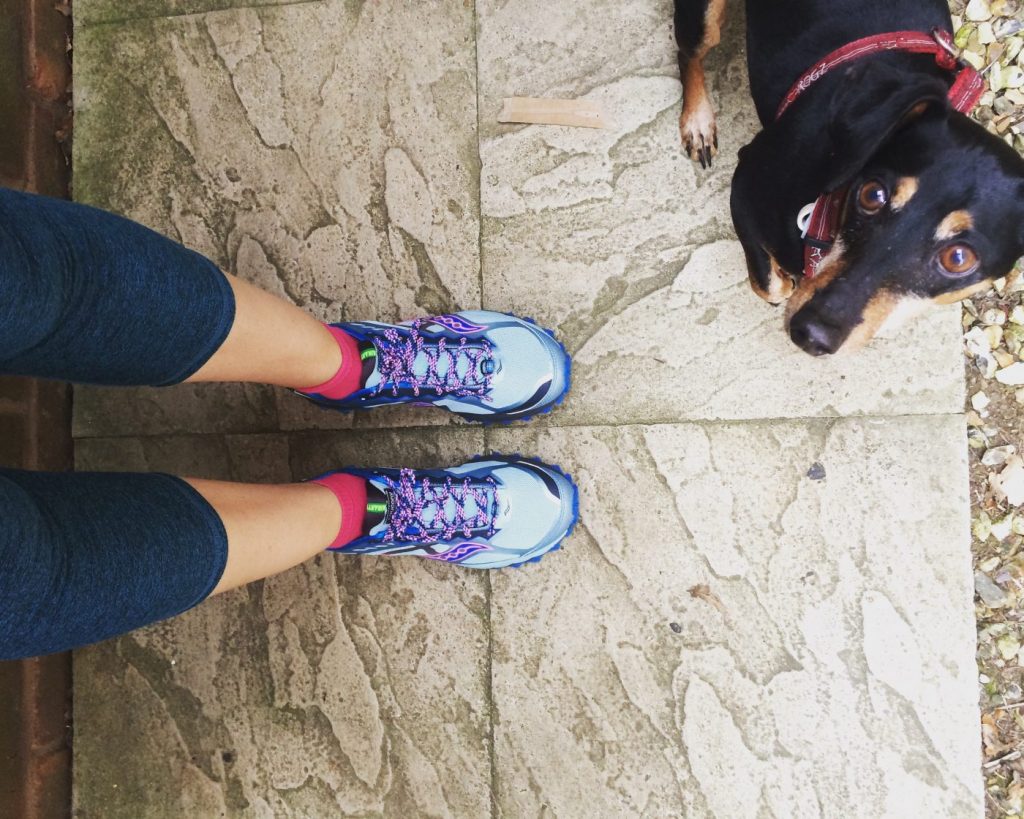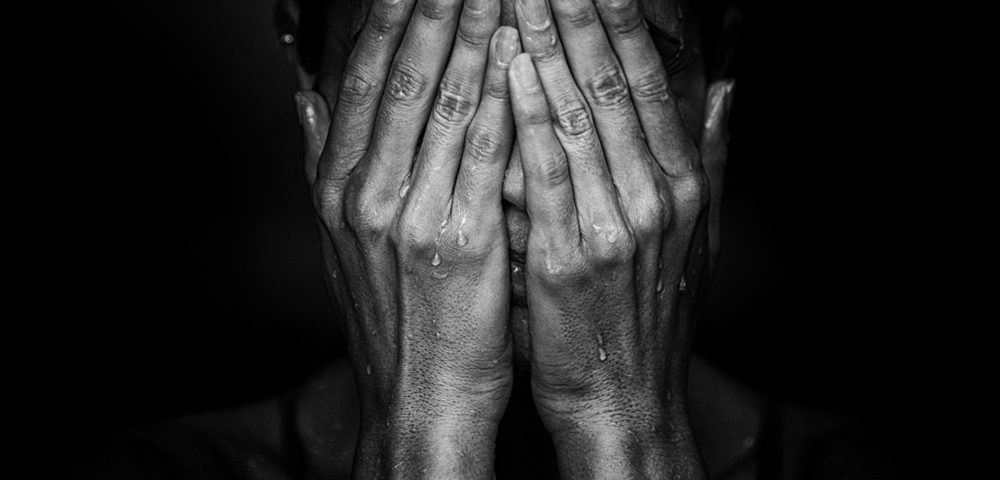First in a series.
The last time I wrote about mental health and its link to endometriosis, many fellow sufferers contacted me and shared their struggles with depression and anxiety. The truth is, endometriosis has had a serious impact on my mental health. I often choose not to talk about it because of the stigma it carries. Whether as a result of the physical symptoms I endure or other factors, the true nightmare lies in my head. However, I’ve decided to write a series on mental health, to share my own experiences and shed some light on various symptoms.
Anxiety is probably the mental health problem I suffer from most frequently. I wake up every morning with a sharp pressure in my chest, which will subside by midday. In a very timely fashion, it will then become increasingly acute just before bedtime. My anxiety is also specifically triggered when I feel overwhelmed, sometimes during medical examinations. Living with endometriosis means invasive medical exams become something you expect, but never quite get used to.
However, sometimes there are no outside factors triggering anxious episodes. In some cases, the culprits can be our hormonal levels. Stress hormones (cortisol) can trigger anxiety when released in excess. A 2012 study by Harvard and Emory University linked low levels of estrogen to anxiety and mood disorders. We also know that premenstrual dysphoric disorder, a severe form of PMS, involves hormonal shifts responsible for anxiety and severe depression, among other symptoms. Additionally, hormonal imbalances are often at work when we talk about endometriosis.
A symptom diary can be useful for tracking anxiety levels during the menstrual cycle. This can help you foresee anxious episodes and also explain what’s causing them. Before I knew about how hormones could affect moods, I panicked, not understanding why I felt this way. Now I’m able to distance myself from what’s happening and just focus on avoiding situations that can worsen my anxiety.
Things that help with anxiety
Breathing naturally
Breathe slowly through the nose, allowing the body to relax little by little without forcing the intake of air.
Mindfulness, taking a break, and observing what is going on around you
Finding something to focus on, like a stress ball or a relaxing smell, can help dull the edge of an anxiety attack.
Physical activity
In my case, gentle jogging or walking my dogs helps. Any form of physical activity, if prolonged for a while, boosts the brain’s feel-good neurotransmitters, endorphins. These little wizards help curve anxiety.

And most importantly, talking about it
If anxiety occurs before or during periods, talk to a doctor to see what can be done to address the hormonal imbalances that may be behind it all.
While a very unpleasant side to endometriosis, anxiety can be managed. If this illness overwhelms you regularly, speak to your support network, fellow endowarriors, or seek professional help. It really does get better.
***
Note: Endometriosis News is strictly a news and information website about the disease. It does not provide medical advice, diagnosis, or treatment. This content is not intended to be a substitute for professional medical advice, diagnosis, or treatment. Always seek the advice of your physician or other qualified health provider with any questions you may have regarding a medical condition. Never disregard professional medical advice or delay in seeking it because of something you have read on this website. The opinions expressed in this column are not those of Endometriosis News or its parent company, BioNews Services, and are intended to spark discussion about issues pertaining to endometriosis.


